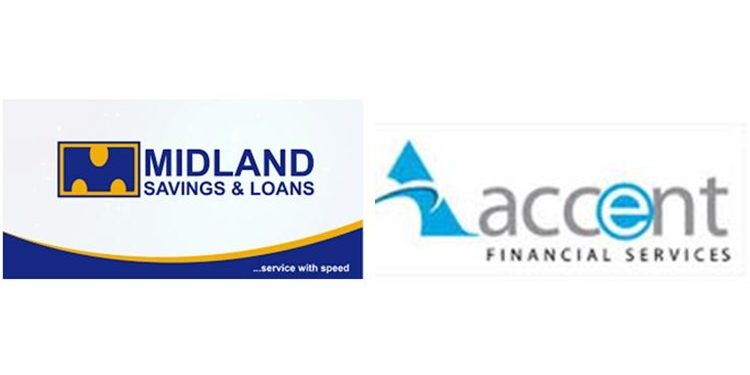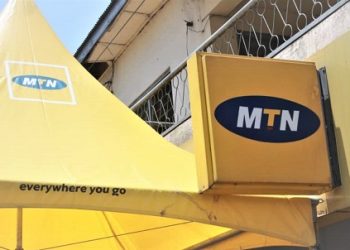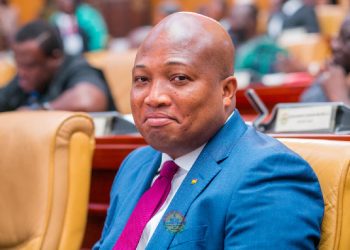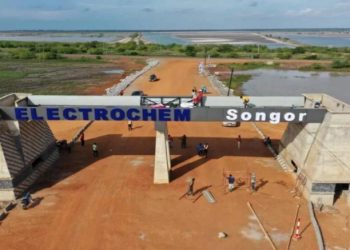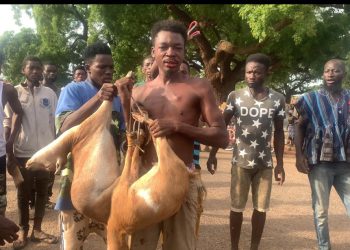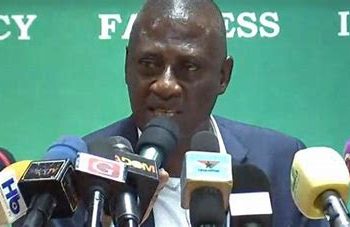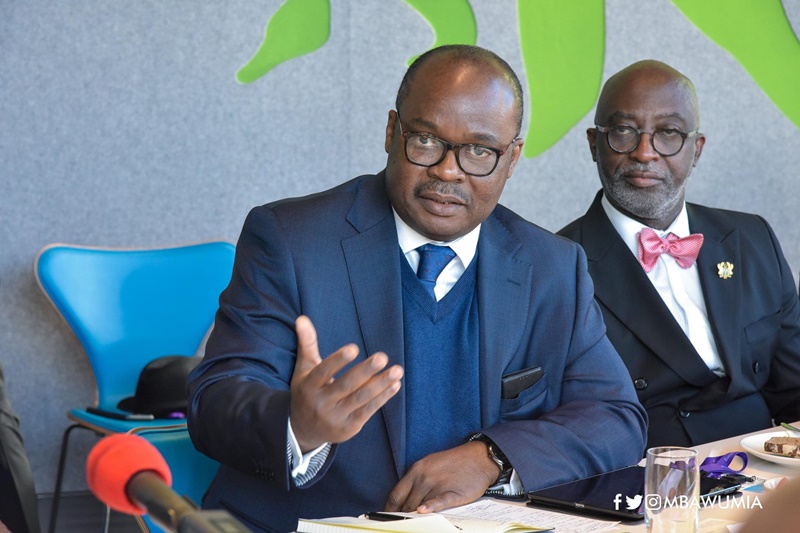Accent Financial Services Limited and Midland Savings and Loans are part of the 23 savings and loans and finance house companies whose licenses were revoked by the Bank of Ghana on Friday.
The central bank said the affected companies were insolvent even after being given the opportunity to recapitalize.
In the case of Accent Financial services, the Bank of Ghana in a statement said the institution which commenced operations in June 2013 has been insolvent since March 2017.
The Bank of Ghana said it has since March 2017 engaged the Board and Senior Management of the institution on the need to inject additional capital but that yielded no results.
The specific issues that led to the revocation of its license included the following:
a. The institution had a net worth of negative GH¢55.76 million as at end February 2019, in violation of section 28(1) Act 930.
b. The institution had a capital adequacy ratio of negative 144.30% as at end February 2019, in violation of section 29(2) of Act 930.
c. The institution has been facing serious liquidity challenges as it has been unable to meet customer withdrawal requests since 2017. The Bank of Ghana has received many complaints from customers regarding the inability of the institution to meet their withdrawal demands.
d. Most of the institution’s investments portfolio had no supporting documents whilst loans granted to related parties were concealed from the Bank of Ghana.
e. High non-performing loans due to poor underwriting standards
f. Creative accounting practices, thereby misrepresenting the institution’s true financial condition and thereby misreporting its true financial position to the Bank of Ghana.
g. Corporate governance weaknesses with weak Board and Management oversight.
h. The institution is currently not engaged in normal business activities as a
result of its capital and liquidity challenges.
Reasons why BoG revoked license of Midland Savings and loans company
Midland Savings and Loan Company Limited was licensed by the Bank of Ghana to operate as a Savings and Loans Company on October 21, 1996. It commenced full operations on March 13, 1997. The institution was found to be facing liquidity challenges in January 2017.
A subsequent assessment indicated that the institution was undercapitalized and also facing serious liquidity challenges. The Bank of Ghana has since August 2018, engaged the Board and Senior Management on the need to inject additional capital.
The specific issues that led to the revocation of the institution’s licence included the following:
a. The institution’s Net worth of negative GH¢148.92 million as at end May 2019 indicates that its paid-up capital is impaired in violation of Section 28(1) Act 930.
b. The institution’s capital adequacy ratio of negative 311.91% as at end May 2019 is in violation of Section 29(2) of Act 930.
c. The institution failed to conduct due diligence on counter parties resulting in the impairment of some investments. In addition to the impairment of the investments, the persistent operational losses have resulted in an adjusted negative capital adequacy ratio and negative net worth as at August 31, 2018.
d. The institution is overexposed to related parties such as Liberty Asset Management, Liberty DMI Microfinance and Griffin Financial Services continue to be rolled over in spite of the liquidity challenges it faces.
e. The company has consistently breached the minimum cash reserve ratio requirement. Cash reserve requirement as at end May 2019 was 0.23%.
f. The company failed to keep accounting records in a manner that gives an accurate and reliable account of its transactions. As a result, the institution is unable to submit prudential returns regularly and could not provide the various schedules that reconciles with key balance sheet balances such as loans and investments.
g. As a result of the liquidity challenges, the company is unable to provide adequate funds to run the various branches thus rendering the branches inactive.
h. The inability of the company to honour customers’ withdrawal request have resulted in customers resorting the use of their lawyers in filing claims on the institution and complaints to the Bank of Ghana.






